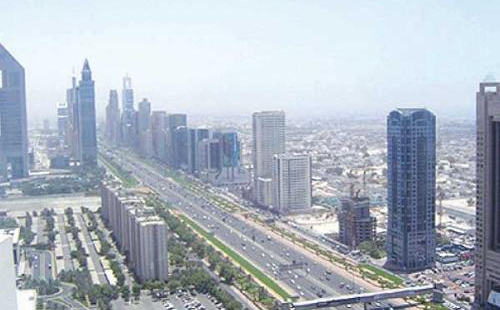 Jeddah, Oct 15: Many Saudi families have already left the country looking for a fun vacation away from home, and their preferred destinations, according to Jeddah-based travel and tourism offices, are Dubai, Bahrain, Istanbul, Malaysia, London and other European countries.
Jeddah, Oct 15: Many Saudi families have already left the country looking for a fun vacation away from home, and their preferred destinations, according to Jeddah-based travel and tourism offices, are Dubai, Bahrain, Istanbul, Malaysia, London and other European countries.
“It’s that time of the year when Jeddawis do not like to stay in the city because of the huge inflow of pilgrims and tourists from other Saudi cities who fly in to spend their vacation by the Red Sea,” Saleh Basaad, manager of a travel agency, said, adding: “It is an opportunity for them to spend family time away from the crowded streets and explore different destinations in better weather.”
Dr. Nasser bin Aqeel Al-Tayyar, president of Al-Tayyar Travel Group, said Dubai is the top tourist destination for Saudis this vacation. “Hotel and airline bookings started early this year, and with the political turmoil in other Arab countries, the choice narrowed down to the UAE since summer began this year,” he said, adding: “There are a number of tourists heading to other countries like Malaysia, Turkey and European countries.”
No Eid festival in Jeddah made it easy for Saudis to make the decision to book their tickets to the nearest destination. “I tried many times to find if there was going to be a Haj vacation festival but there was nothing on their website, so my husband and I decided to book our tickets to Bahrain in one of the resorts that offer family activities,” said Samia Darwiesh, a businesswoman.
“If there were local activities like the ones in summer vacation, I would have stayed here and enjoy vthe acation from the comfort of my home and not spend so much money on tickets and accommodations,” she added.
Sales manager Malek Azhar says Eid is all about families celebrating together, which is why he always makes sure to gather with his family in Madinah during Eid. “I don’t know why people make an effort to leave the country when families are supposed to be together especially those like mine who live in different cities,” he said.
“Every Eid, we all travel to my grandfather’s house in Madinah where we celebrate Eid the traditional way,” he added.
With the heavy demand, Dubai hotel prices have hit the roof this season, forcing many Saudis to look for other vacation destinations, says Muhaideb Al-Muhaideb, CEO of a Saudi travel and tourism company. “The prices range from SR2,000 to SR5,000 per night and this is considered the highest in the world and even more expensive than the luxury hotels in Europe and the US,” he said, adding: “There prices are not beneficial for Dubai in the long term since people would eventually look for more affordable destinations. During Eid Al-Fitr, about 140 Saudi families went there and spent SR120 million in one week.”
Al-Muhaideb has urged tourism authorities and hotel managements in Dubai to look into the high prices if they are keen on retaining Saudi tourists.
A recent survey conducted by the Saudi Commission for Tourism and Antiquities (SCTA) on Eid Al-Adha vacation revealed that 38 percent of Saudis prefer spending their Eid with family and friends, four percent will be performing Haj while only 17 percent of Saudis want to spend their vacation in the domestic sector learning more about their own country. The survey also showed that 43 percent of Saudis preferred spending their vacation abroad.
The SCTA seeks to encourage tourism companies and agents to educate people about Saudi tourism products and holiday offers to help activate domestic tourism seasons.






.jpg)
.jpg)
Comments
Add new comment